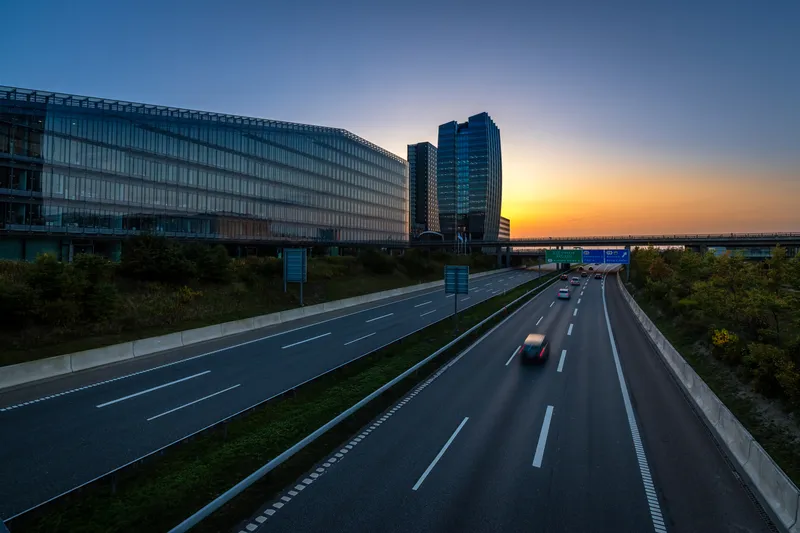
“Since Intertraffic 2014, we have assisted authorities around the globe in realising some of the most prestigious and innovative programs and we will highlight these projects at our booth in Amsterdam,” he says. Examples include the French program to increase road safety in work zones and equipping the Danish National Police with mobile enforcement technology, plus new case processing software. Vitronic is also building an automated enforcement system in Abu Dhabi that combines average and spot speed enforcement with ANPR applications and provides data for traffic management systems.
A major success factor for this has been the company’s continuous expansion of its product range. For instance, Vitronic spearheaded autonomous deployment with the new Enforcement Trailer. It can be combined with the new PoliScan FM1, a flexible and compact LIDAR measuring and documentation unit, or the TollChecker 4 vehicle identification platform. The company has also extended its software portfolio to deliver complete solutions to get traffic data from the roadside into the back office.
“We have created a very flexible portfolio that offers ideal solutions for any type of road,“ says Wagner. “Whether its enforcement, tolling or security applications, customers can choose the solution that best fits their requirements.”










